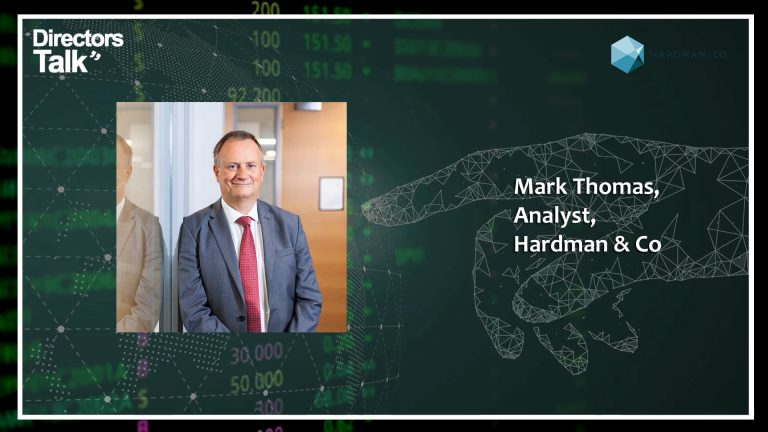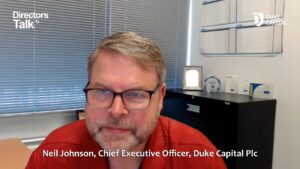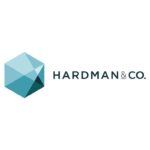Duke Capital Limited (LON:DUKE), formerly Duke Royalty Limited, is a Guernsey-based provider of hybrid capital solutions for small and medium-sized enterprises (SME) business owners in the United Kingdom, Europe and North America, combining the features of both equity and debt.
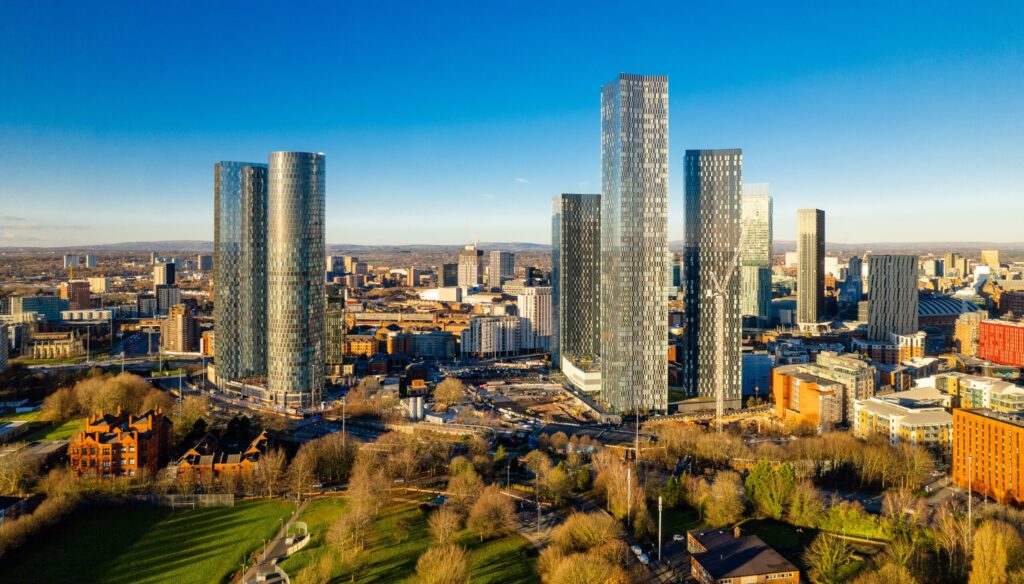
Duke Capital’s unique hybrid solution enables business owners to receive capital while retaining control. Hybrid capital is defined as a financing solution that blends features of private equity and private credit products, offering more flexibility than traditional debt or equity alone.
They provide an evergreen capital solution that is ideally suited to fund MBOs and buy-and-build strategies. Business owners make monthly cash payments out of operational cash flow over the long term. This means that business owners are not faced with large and punitive principal repayments and remain in control of any refinancing timing. This approach results in a single-sourced financing package that eliminates refinancing risk and aligns closely with the business.

Management buyouts (MBOs)
Duke Capital allows experienced management teams to become majority owners, backing people who created equity value to keep strategic control.
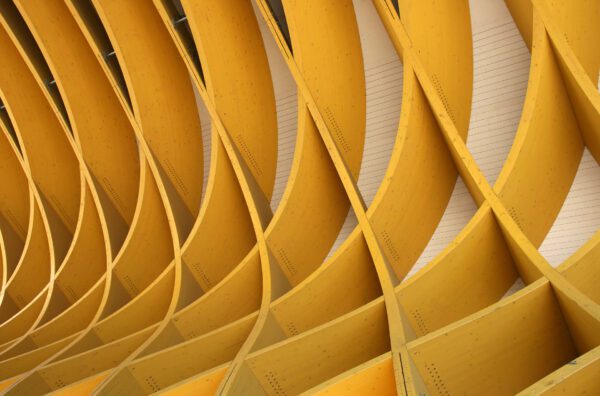
Buy & build strategies
Their flexible financing model enables multiple drawdowns to be used for bolt-on acquisitions.
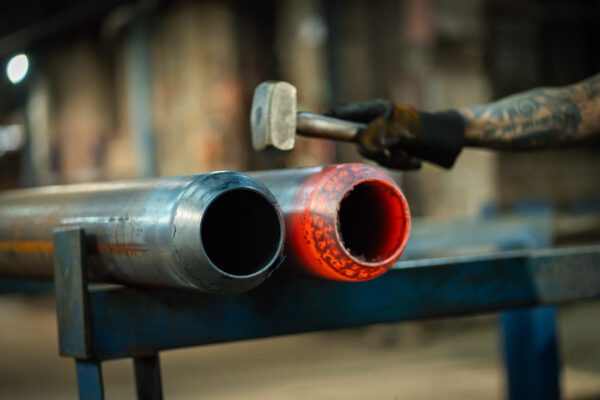
Shareholder restructuring
Owner equity sell-downs or minority buyouts.

Debt refinancings
Their long-dated corporate mortgage is often seen as preferable by business owners in replacing their incumbent short-term debt.



